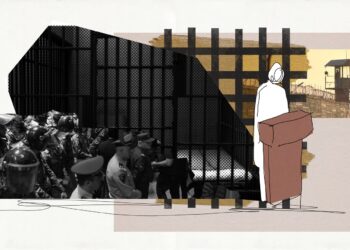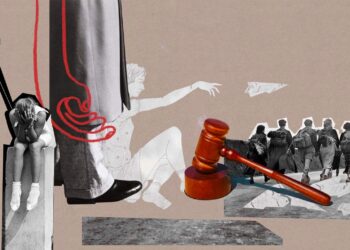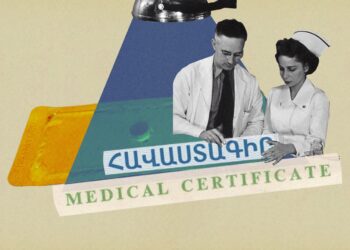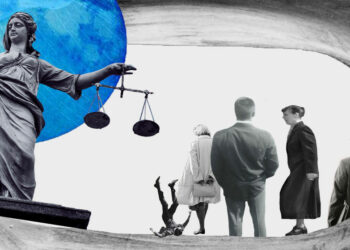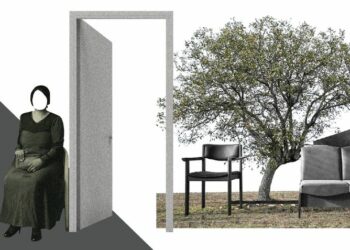Electronic Justice: Risks and Opportunities
As of February 1, all procedural documentation in new civil cases will be required to be submitted electronically. Astghik Karapetyan discusses the goals, challenges and opportunities presented by the electronic judicial system.


